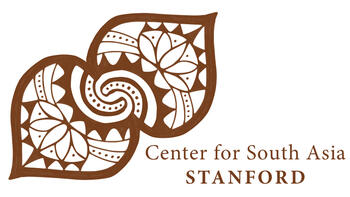The Promise and Limitations of Non-Violent Civil Disobedience: Lessons from India's Struggle for Independence
The Promise and Limitations of Non-Violent Civil Disobedience: Lessons from India's Struggle for Independence
Friday, January 19, 201812:00 PM - 1:30 PM (Pacific)
Encina Hall, Third Floor, Central, C330
616 Jane Stanford Way, Stanford, CA 94305
Professor Jha will present an overview of a book project, joint with Rikhil Bhavnani, that examines the promise and limitations of non-violent civil disobedience as a means for peaceful political reform. The project draws upon both cross-country comparisons of political movements, and a detailed empirical analyses of India's struggle for independence that draws upon hitherto- untapped secret intelligence reports and archival sources. We lay out both the conditions for success of non-violent movements in general, and also the implications for the subsequent economic and political development of South Asia.

About the colloquia:
In 2016, the Walter H. Shorenstein Asia-Pacific Research Center, in collaboration with the Stanford Center for South Asia, launched a series of public lectures to broaden our understanding and discussion of contemporary India — its enormous domestic potential and problems, its place in the region and the world, and the ambitious agenda of the new Modi administration. Building on the strong engagement of those issues from across the university community and beyond, we are continuing the series, with generous support from the U.S. India Business Council, in the 2017-2018 academic year. We will draw business, political, diplomatic and academic experts from the U.S. and India to explore topics including India’s innovation economy, India-China relations, India’s pivotal role in global health, and U.S.-India relations.
This colloquia is co-sponsored with the Stanford Center for South Asia

